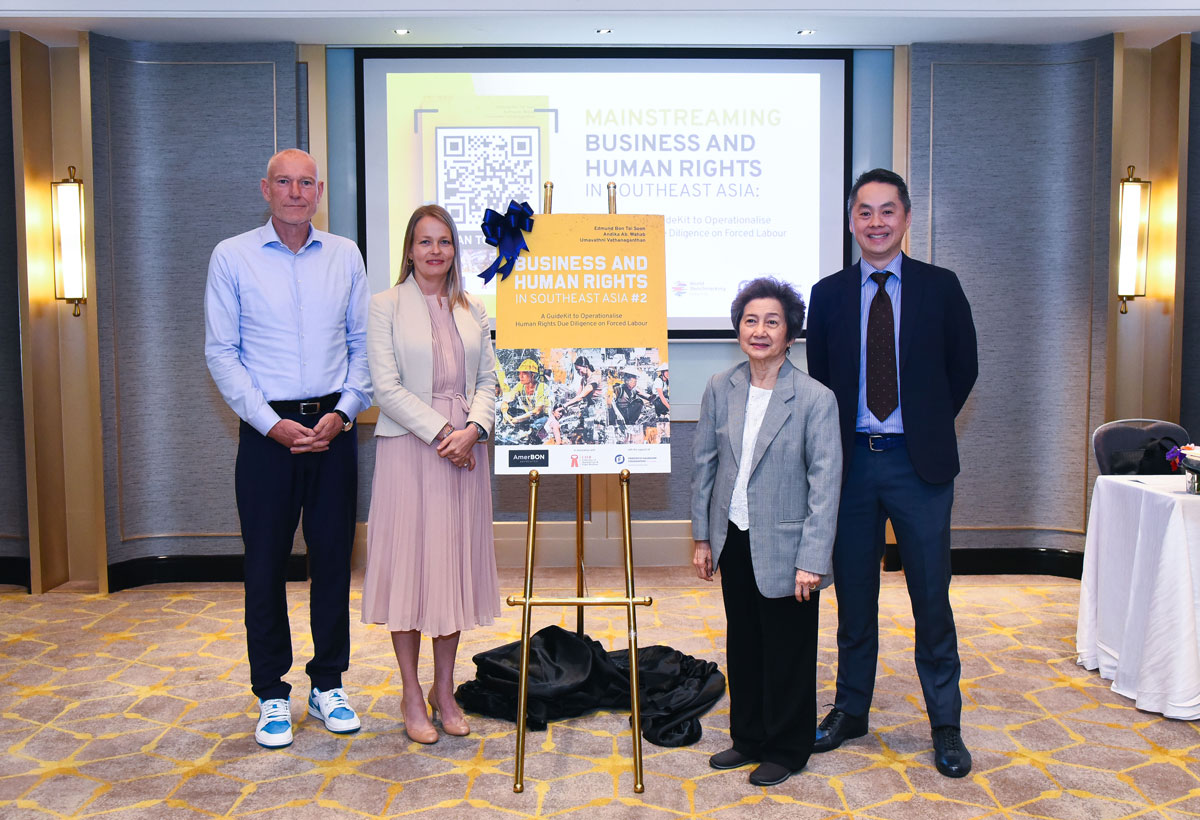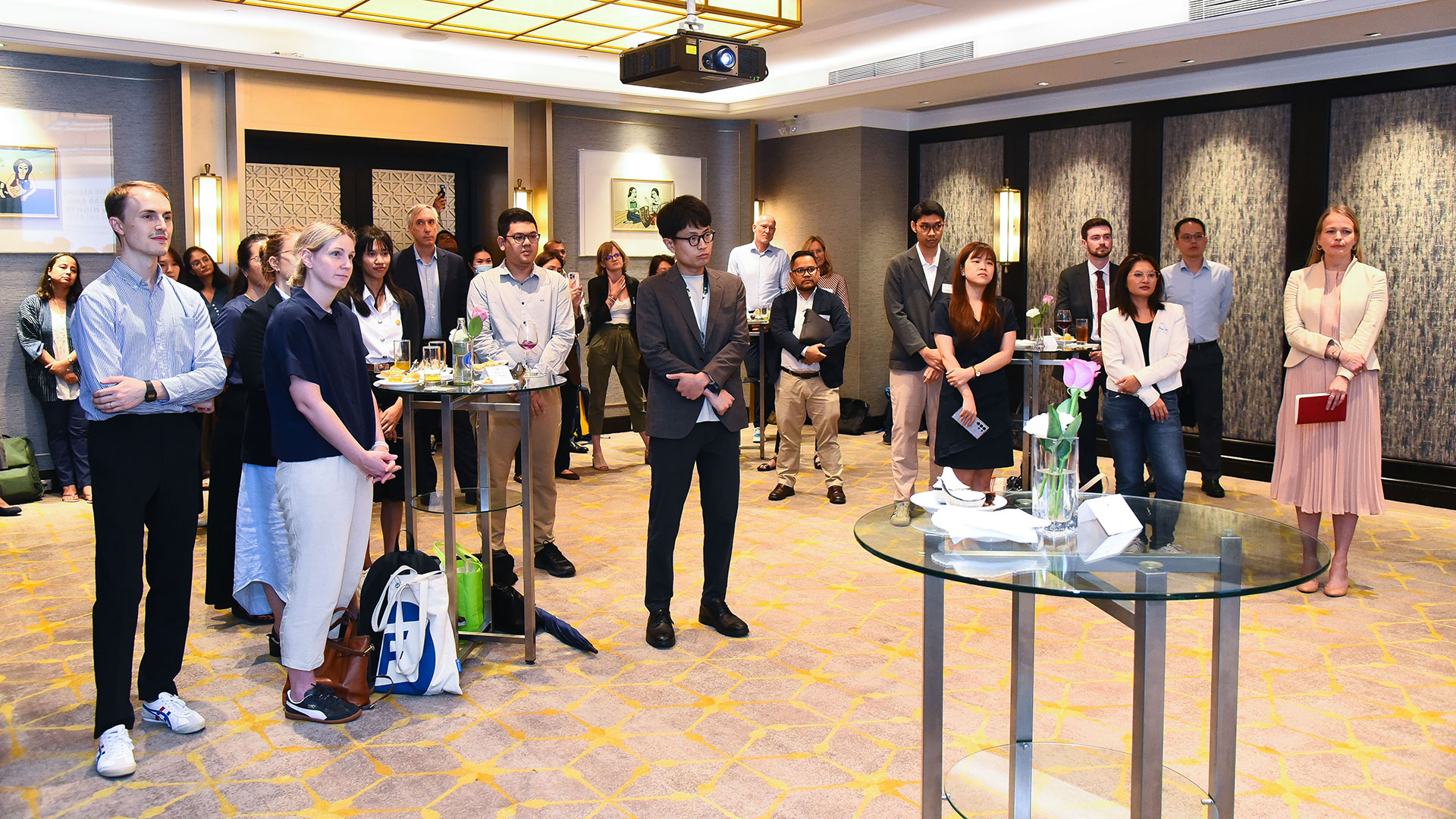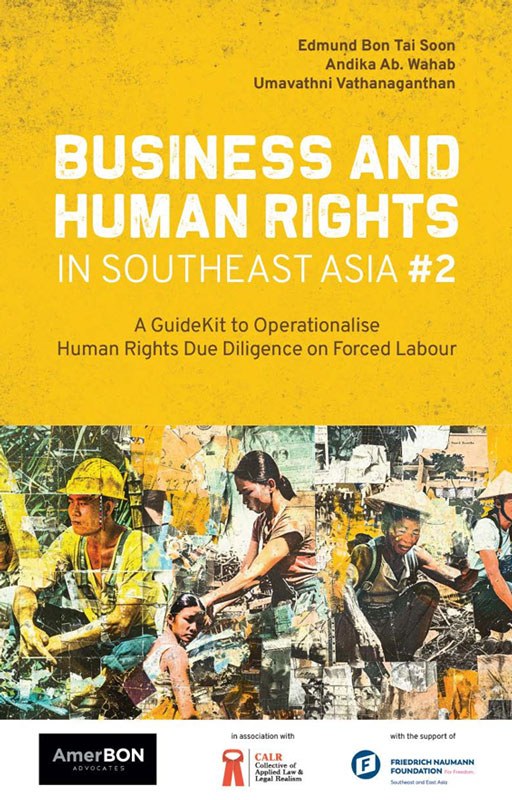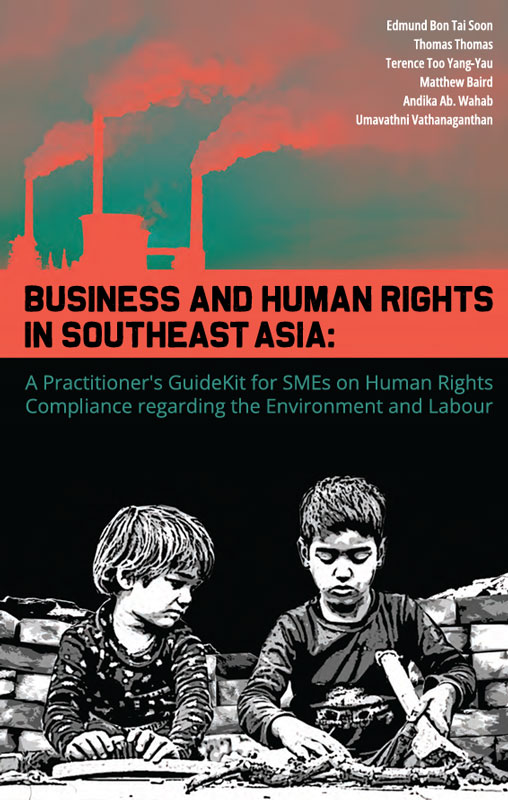GuideKits
Southeast Asia
Operationalizing business and human rights due diligence

Businesses face increasing pressure to eliminate human rights risks in their operations and practices. There is mounting evidence that adverse labour impacts can affect business operations, cause financial loss, and damage reputations.
Various approaches are used to gauge corporate sustainable responsibility towards respecting human rights, ranging from voluntary initiatives to market-driven standards and regulatory frameworks. Many prominent companies and industry associations have created their own processes for conducting human rights due diligence (HRDD). However, there is a noticeable shift from voluntary practices to stricter regulatory requirements, including the growing utilization of trade sanctions. It can be observed that there is a common hesitation regarding HRDD. They often struggle with the initial phase and are concerned about the overwhelming number of resources, leading to confusion about which ones to prioritize.
A recurring suggestion has been to develop an accessible guide or checklist to assist businesses in their compliance journey. The Business and Human Rights in Southeast Asia publications, published by AmerBon Advocates in collaboration with the Collective of Applied Law and Legal Realism (CALR) and supported by the Friedrich Naumann Foundation for Freedom, serve this purpose. Following the first edition, A Practitioner’s GuideKit for SMEs on Human Rights Compliance regarding the Environment and Labour, published in 2022, the second edition, A GuideKit to Operationalise Human Rights Due Diligence on Forced Labour, published in 2024, is designed to help businesses identify potential labour rights risks within their operations, particularly concerning migrant workers. It facilitates the assessment of HRDD efforts during recruitment and employment. The insights gained from the GuideKit will enable businesses to conduct comprehensive self-evaluations and prioritize areas requiring immediate action.

Business and human rights


